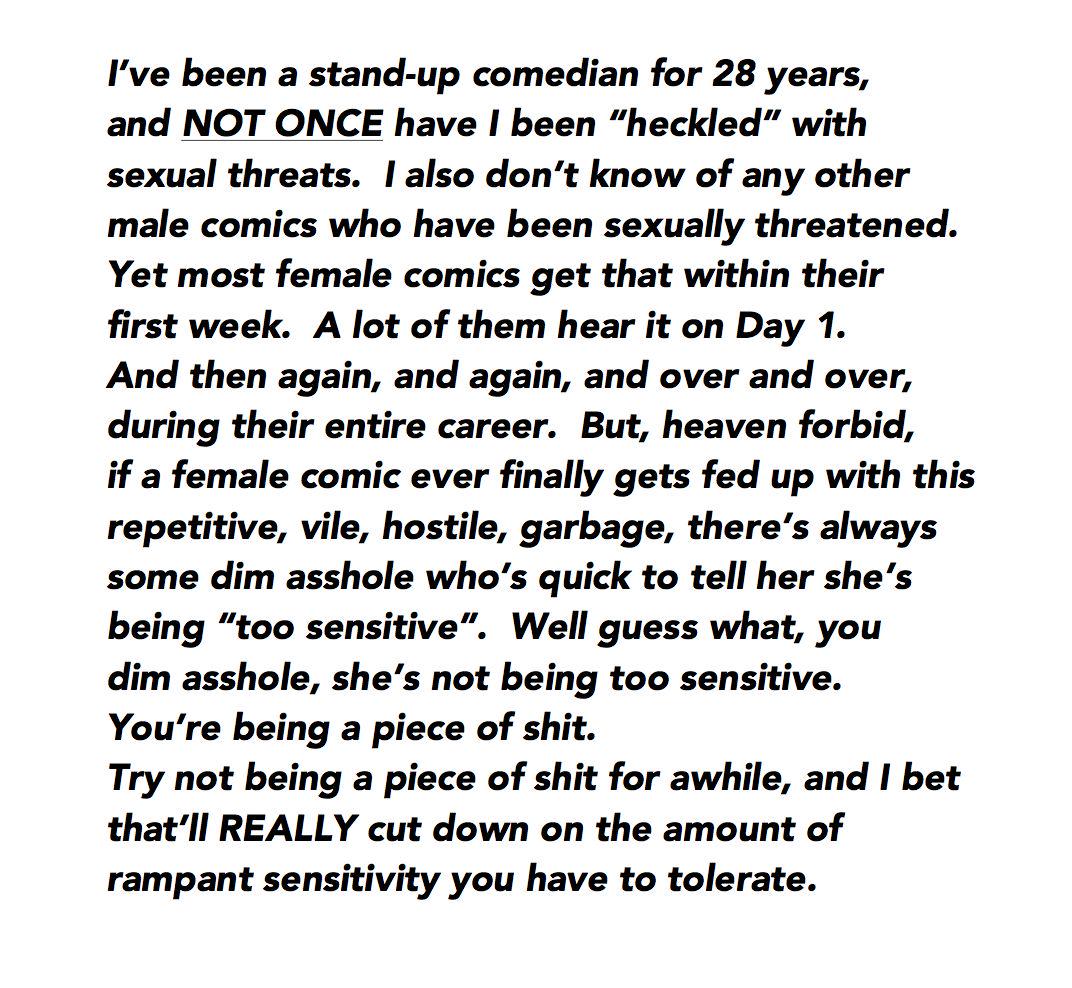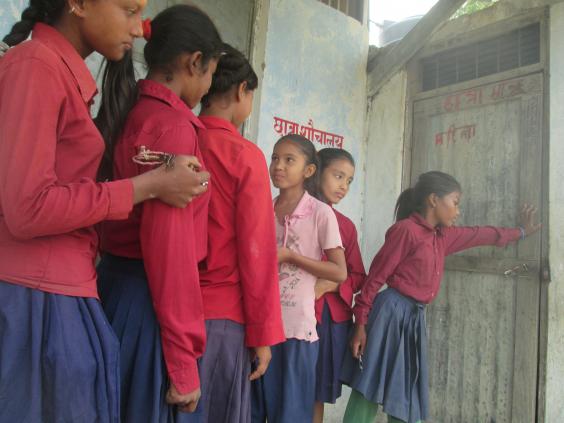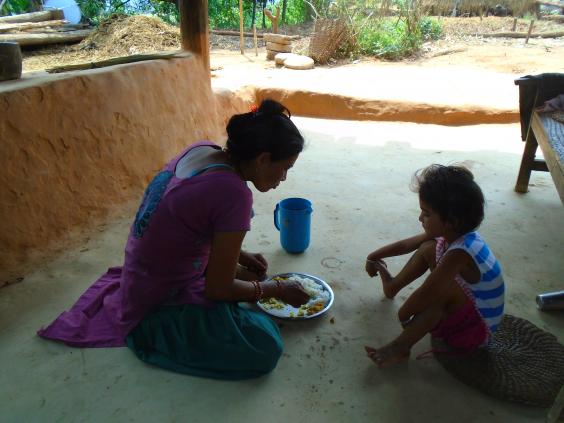Hoo-boy – it’s Alice Dreger’s turn again. Everyday Feminism asked her if they could republish a popular article of hers, she let them, they posted it – and then they unposted it. I bet you can guess why – no that’s silly, guessing has nothing to do with it. We know how things go right now, without guessing. Alice tells the story:
A few months ago, the blog site Everyday Feminism contacted me because they wanted to reprint my wildly popular essay, “What If We Admitted to Children that Sex is Primarily about Pleasure?”
I wrote back with some terms. They had to credit Pacific Standard for making the essay go viral. They had to mention my two most recent books. And they had to pay me a little something.
I should have known this was going to be a bad experience when the editor contacting me told me that “we may also make changes to the content, particularly changing the wording to be inclusive.” Really—I was going to be policed for inclusivity, huh? In response to this, I required that they get my permission before changing anything. . . .
Frankly that would make me want to tell them oh no you won’t, you can’t republish it after all. But Alice is much nicer than I am.
So they republished it, and then whammo, it disappeared. Alice guessed the reason, and she was right.
Today by email, from Josette Sousa, Program Coordinator for Everyday Feminism, when I wrote to ask “wtf”:
What happened was that we decided to pull the article from circulation shortly after it went up. When we asked permission from it we weren’t aware of some of the articles you’ve published on trans issues and after a reader brought it to our attention and we looked into them. We then realized that while we very much valued the information in the article on teaching children that sex is about pleasure, the views expressed in several of your other articles directly conflicts with the work we’re trying to do in Everyday Feminism. For that reason, we decided to pull the article.
So supposedly something I’ve written about trans issues is so terribly offensive, Everyday Feminism doesn’t dare publish a piece by me on talking to your kids about sex!
Censorship atomic bomb style.
Everyday Feminism is a bad joke.
A number of my fellow feminists have pointed out that today, women like me can subject to silencing simply on the basis that they have supposedly said something that is anti-trans rights, even if they have not. Anyone so labeled also gets labeled a “TERF”: trans-exclusionary radical feminist.
I’ve pointed out repeatedly that I’m no such thing. Take this article, for example (from a decade ago!). Take this report I helped author. Take this book I co-edited.
But it does no good. Because as soon as you assert anything that someone with the trans identity card claims is anti-trans, you are stripped of your rights to be a sex-positive feminist talking about sex ed at a feminist website. At least in the case of “Everyday Feminism.”
Well, once they tell you, you know.





